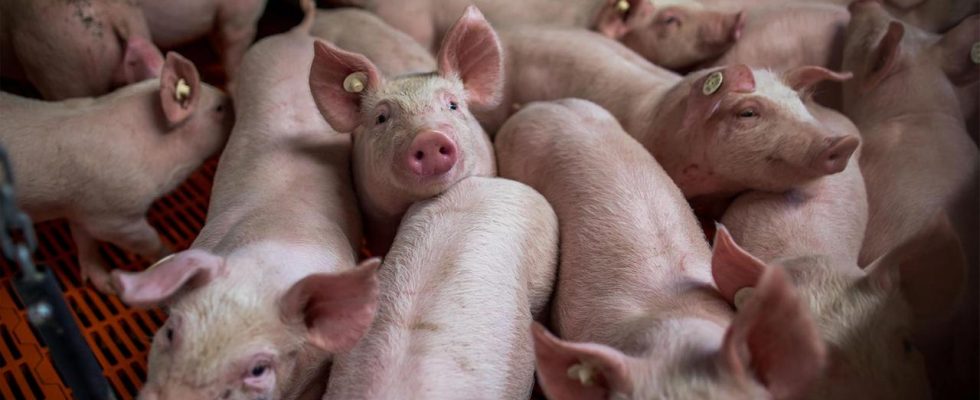In the future, new, stricter pollution regulations will apply to certain industrial plants and agricultural operations in the EU. They now also affect battery manufacturers and specialist mining operations.
Negotiators from the EU Parliament and the EU Council have agreed on stricter pollution rules. Businesses such as large pig and poultry farms have already been affected by the regulations; in the future, certain mining operations and battery manufacturing facilities will also be subject to the rules. The aim is to better protect people’s health and the environment, as the EU states and the European Parliament announced.
Cattle breeding excluded for the time being
According to the EU Commission, stricter rules are needed because electricity generation, waste incineration and intensive livestock farming are responsible for harmful substances in the air, water and soil. Examples include nitrogen oxides, fine dust, mercury and other heavy metals. Environmental pollution caused by these pollutants can cause diseases such as asthma, bronchitis and cancer.
The Commission therefore presented a corresponding draft law in April 2022, but it was adjusted during the negotiations. Originally, significantly more agricultural businesses were supposed to be regulated by the directive because, according to the Commission, they are responsible for a lot of ammonia and methane emissions.
This went too far, especially for Parliament. Cattle breeding, for example, will continue to be exempt from the rules. In 2026, it will be checked whether there is a need to include them in the regulations.
Introduction from 2030
According to information from Parliament, anyone who wants to discharge wastewater into rivers will in future also have to pay attention to external circumstances such as drought and low water levels. This is in response to the fact that there were mass fish deaths in the Oder in the summer of 2022.
The new requirements do not apply immediately; in agriculture, for example, they are to be introduced gradually from 2030. Parliament and EU states still have to formally approve the agreement negotiated by representatives of the institutions.
Companies that do not adhere to the new requirements can be fined up to three percent of their annual turnover.

